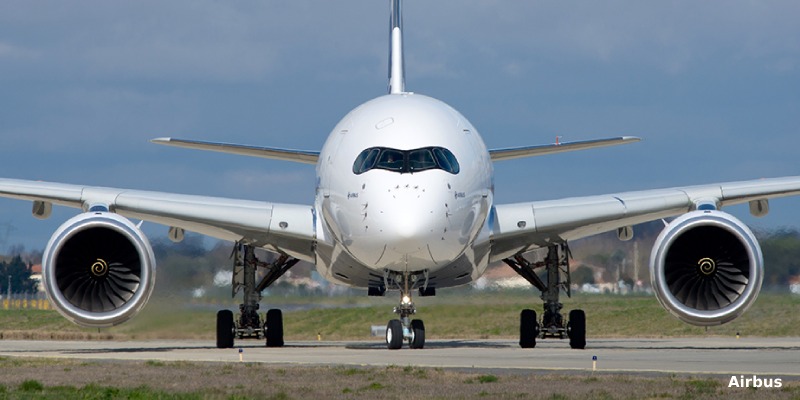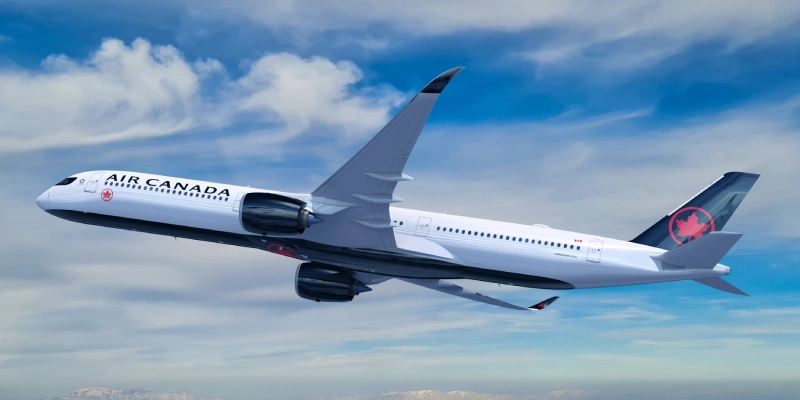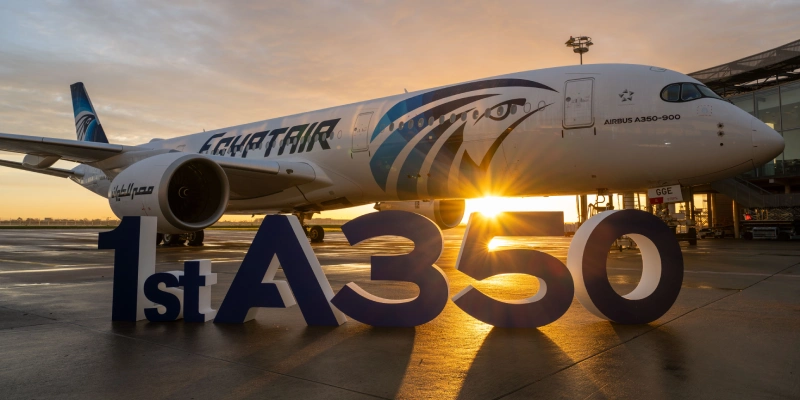Boeing has faced a challenging landscape in recent years, marked by significant financial losses, production issues, and regulatory challenges. Despite these difficulties, the company has shown resilience and is working to stabilize its operations and regain its competitive position in the market.
Financial Losses and Challenges
In 2024, Boeing recorded an annual loss of $11.8 billion, the largest in the past four years. In the fourth quarter alone, the company reported a loss of $3.86 billion, partly due to charges in various fixed-price defense programs. Additionally, cash flow was negative at $14.3 billion in 2024, a sharp decline compared to a positive cash flow of $4.43 billion in 2023.
Chief Financial Officer Brian West highlighted that the company will continue burning cash during the first half of 2025 but expects a shift to positive cash flow in the second half of the year. Although Boeing did not provide specific financial guidance for this year, it maintained its target of generating $10 billion in annual cash flow by 2025 or 2026, a goal many analysts anticipate might be delayed.
→ Eurowings to modernize its fleet with 40 Boeing 737 MAX jets
Production and Delivery Progress
Despite the challenges, Boeing is making progress in aircraft production. As of January, it delivered 33 units of its best-selling 737 model and plans to surpass the current production cap of 38 units per month once it obtains approval from the Federal Aviation Administration (FAA). Furthermore, the production of the 787 has returned to a pace of five units per month, with plans to increase to seven per month when the production system stabilizes, possibly in the next quarter.
On another front, Boeing delivered 17 units of the 737 MAX in December and is focused on certifying three additional models, including the 777X, which resumed flight tests this month.
Strategies for the Future
CEO Kelly Ortberg, who assumed the position in August, has implemented a four-step plan to transform the company. This includes a long-term effort to change the corporate culture, which Ortberg considers critical.
Ortberg emphasized that his priority is to stabilize and increase the production of existing aircraft, with no immediate plans to develop new models. This strategy aims to consolidate Boeing’s market position and restore the trust of customers and regulators.
Related Topics
Airbus Closes 2025 with Profit Growth, 793 Deliveries, and a Record Backlog of 8,754 Commercial Aircraft
United Airlines’ Purchase Order for Airbus A350 Jets on Hold Following Legal Dispute with Rolls-Royce
Air Canada Confirms Order for Eight Airbus A350-1000s
EGYPTAIR Receives Its First Airbus A350-900

Plataforma Informativa de Aviación Comercial con 13 años de trayectoria.




